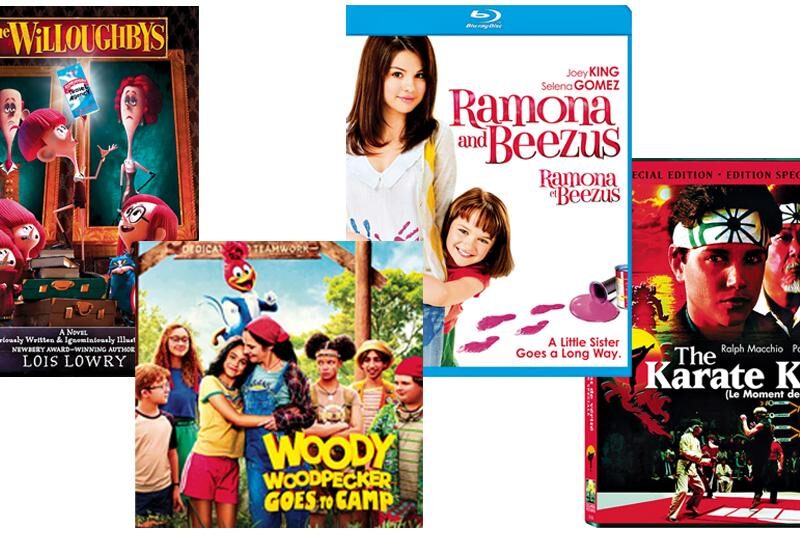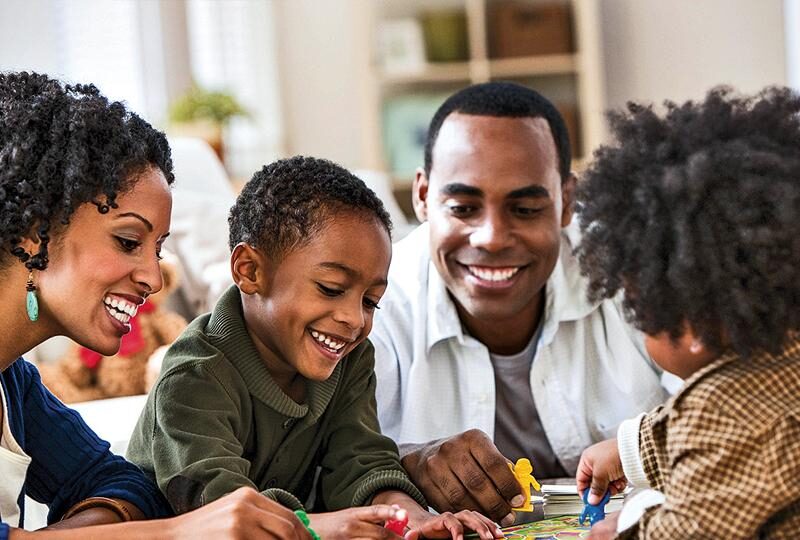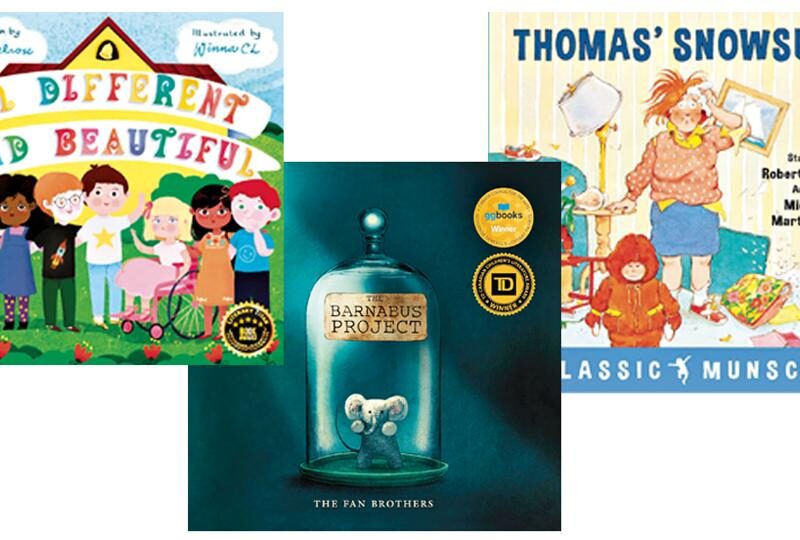At the skatepark
My middle son loves to skateboard, and it amuses me as a parent to see him play up to the role of skater in comparison to the role he normally plays at home. Not only does he have all the gear – the right shoes, the right sorts of stickers on his helmet, the right degree of sagginess in his pants – but he also puts on the attitude. He knows the role, and he plays it to perfection.
If he falls and hurts himself at home, scrapes a knee or splits a lip, he rolls around in agony, demands that we call an ambulance, holds an icepack to the wound until he's milked every ounce of sympathy from the situation that he can. At the skatepark, however, the same injury (or even much worse) gets brushed off. He pops right back up, half-limps and half-struts to go get his board. “I'm okay, man,” he says, if anybody asks, “it's just blood. I've got lots.”
At home, if he damages his board, his first reaction is to pester the nearest adult to fix it for him. If we tell him that he's able to do it himself perfectly well, he moans and whines and grumbles to make sure we know how unimpressed he is with us. If his board needs work at the skatepark, however, he's more than eager to show off his repair skills, even offering to help smaller kids with their boards.
His taste in music at home includes the pop-iest of pop music, and he's been known to sit down and watch Fuller House. He even defends these things when his elder brother makes fun of them. At the skatepark, however, you'd never know that he listens to anything but rap music or watches anything but stunt videos on YouTube.
Its easy to chuckle as he experiments with this role, and with other roles too, but the process is an important one for kids, as they try to discover what kinds of roles suit them best, where they feel most comfortable. Parents do sometimes feel uncomfortable with this process, especially when the roles their children take on are not familiar to them (“Hey, Mom, I want to be a rock star”), but I think our attention should be less on the roles children that choose and far more on how they choose to play those roles.
For example, if my kid wants to skateboard, great, but I want him to be a skater who helps the young kids out with their boards and teaches them tricks, rather than one who trashes the bathroom at the skatepark. If my kid wants to play collectible card games, great, but I want him to be one who organizes a club for his friends at school, rather than one who makes sexist remarks whenever a woman comes into the games store. If my kid wants to play soccer, great, but I want him to be an athlete who helps his opponent up, rather than one who has a hissy fit every time he loses.
The roles that our children will feel most comfortable playing are often not within our control, and forcing them into the roles we think best usually just causes conflict. It's far more important, and far more helpful too, if we spend our energy on helping them to be good and moral human beings in whatever roles they choose.
Luke Hill is a stay-at-home father of three boys, aged 10, 8, and 4. He has fathered, fostered, adopted, or provided a temporary home for kids anywhere between birth and university. He has taught college courses, adoption seminars, camp groups, Sunday School classes, rugby teams, not to mention his own homeschooled kids.





